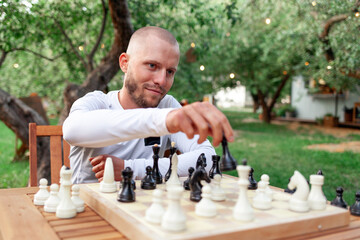
Board games are much more than just a fun way to pass the time—they are powerful tools for developing essential social skills, particularly communication. Whether playing a word game like Scrabble or a strategy game like Catan, players must communicate clearly to express ideas, make decisions, and negotiate with each other. The need to discuss moves, trade resources, or explain game rules encourages both verbal and non-verbal communication. This constant exchange helps improve listening skills, vocabulary, and the ability to express thoughts in a structured way, making board games a great exercise for improving communication.
Cooperative board games, where players must work together to achieve a common goal, are excellent for fostering teamwork. In games like Pandemic or Forbidden Island, players face challenges that they can only overcome if they collaborate, share information, and make joint decisions. These games help players understand the importance of working towards a shared objective, which is a critical social skill in both professional and personal settings. The experience of succeeding (or failing) as a team helps develop empathy, cooperation, and trust—values that are essential for healthy, productive relationships.
Many board games involve an element of negotiation, where players must trade resources, make deals, or reach compromises to succeed. Games like Monopoly or The Settlers of Catan often require players to negotiate terms with one another, encouraging them to hone their skills in persuasion and compromise. These experiences are great practice for conflict resolution, as players learn how to handle disagreements, find middle ground, and navigate the complexities of fair exchange. In the process, they develop patience and resilience, valuable traits for managing conflicts in real life.
Playing board games also teaches important lessons in emotional intelligence and sportsmanship. In competitive games, players are often faced with moments of victory and defeat, providing opportunities to practice emotional regulation. Whether celebrating a win or dealing with a loss, board games teach players how to handle their emotions in a socially appropriate way. By learning to congratulate others, remain gracious in defeat, and stay calm under pressure, players develop a greater understanding of their own feelings and the feelings of others, which strengthens their emotional intelligence and empathy.
Beyond the competitive or cooperative nature of the games themselves, board games provide a unique opportunity for social interaction that is often absent in our digital-heavy lives. Sitting around a table, engaging in face-to-face conversation, and sharing laughs or moments of surprise creates a social experience that fosters deeper connections. Board games bring people together in ways that encourage positive social interaction, whether through teamwork, friendly banter, or collaborative decision-making. These moments help strengthen relationships and build social bonds, making board games a valuable tool for enhancing social well-being.